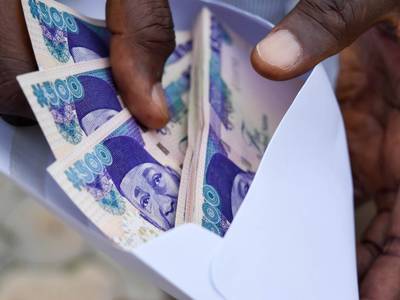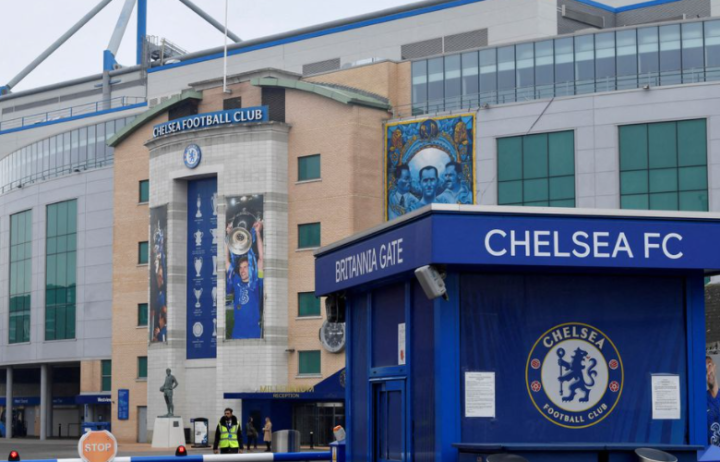On Tuesday, the monetary policy committee of the Central Bank of Nigeria (CBN) voted to raise the monetary policy rate (MPR) to 13 per cent to curb rising inflation.
The monetary policy rate (MPR) is the baseline interest rate in an economy.
Godwin Emefiele, governor of the apex bank, said six out of eleven committee members voted to raise the key rate.
Emefiele said the committee unanimously voted to retain the asymmetric corridor at +100 and -700 basis points around the MPR and liquidity ratio at 30 per cent.
Advertisement
TheCable had reported that the hike was the first since July 2016.
Emefiele said the global outlook remains clouded with uncertainties over the Russia-Ukraine war and the COVID-19 pandemic.
The war has led to a rise in commodity prices — a major reason central bankers around the world are shitfing monetary policies.
Advertisement
Here’s how the apex bank’s decision may affect you:
REDUCE INFLATION
By hiking interest rates, borrowing costs will increase. With this development, people will tend to spend less and demand for goods and services will also drop, which will cause inflation to fall.
When demand is low, it is often very hard for companies to raise prices.
Advertisement
The central bank’s decision to hike the benchmark lending rate was largely to tame the pace of inflation.
“On the need to tighten, MPC feels compelled that tightening would help moderate inflationary trade-off from the steady growth so far recorded and improve real GDP,” Emefiele said.
“It also feels that tightening would help rein inflation before it assumes the galloping frame considering the rising increase in headline inflation month-on-month.”
While the latest increase could discourage investment, especially by reducing foreign portfolio investment inflows, it is expected that inflation would slow down.
Advertisement
Speaking to TheCable on the development, Longji Dafur, senior analyst, Financial Derivatives Company Limited (FDC), said the increase is not enough to stem inflation.
“The GDP declined last quarter although it was up year-o-year, there’s the possibility that the hike might not be enough to curb inflation — and that would leave us with a situation of rising inflation and declining growth (Stagflation),” he said.
Advertisement
Prices will keep rising while wages and employment decrease. This will negatively impact the living standards of Nigerians,”
LESS CASH TO SPEND
Advertisement
A higher interest rate tends to limit the money supply available for purchases. It could discourage consumer and business spending, especially on commonly financed big-ticket items like housing and capital equipment. It could also reverse the wealth effect on individuals and make banks more cautious in lending.
REDUCED PRODUCTIVITY
Advertisement
A hike in interest rate could force them to cut back on spending on new equipment, thus slowing productivity or reducing the number of employees.
With the effect on consumers, it also means that the bottom lines of companies will be affected.
BOOST FOREIGN RESERVES
As part of the underlining effect of higher interest rates through the attraction of foreign investment to the economy, Nigeria may witness high foreign exchange, which may, in turn, strengthen the country’s currency, Naira.
Add a comment







